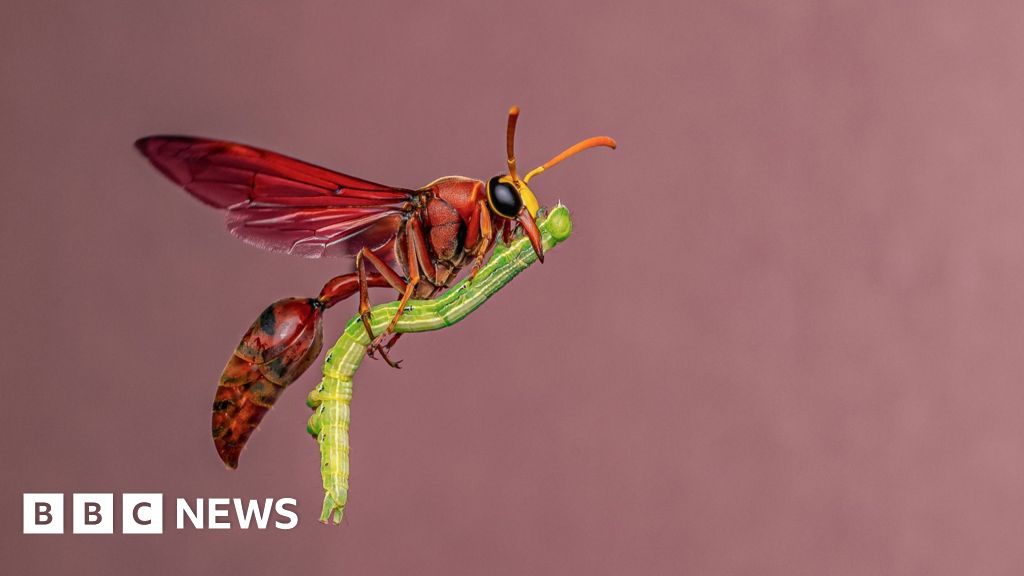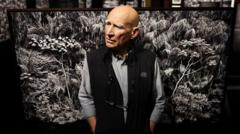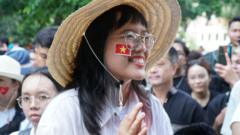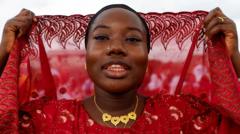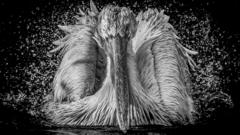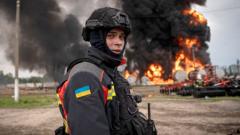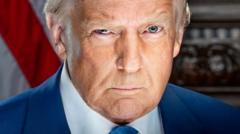The Vietnam War, which officially ended on April 30, 1975, is remembered as the first "living room war," vividly documented through poignant photography and television broadcasts. The images captured by photojournalists during this time reveal the harsh realities of warfare, documenting both the human suffering and the psychological scars etched by the conflict.
These photographs not only highlighted the brutality of the war but also transformed public perception, fostering a sense of grief and reflection on what the war meant for the United States. Tim O'Brien's poignant words in "The Things They Carried," encapsulate this sentiment: "I survived, but it's not a happy ending."
The courageous photographers behind these iconic images come from a tapestry of backgrounds and beliefs. Dickey Chapelle, the first female photojournalist to die in Vietnam, held strong anti-Communist views, while Tim Page brought a more irreverent perspective as a British journalist. Henri Huet, with his unique blend of French and Vietnamese heritage, was known for his kindness and humor even amid the chaos. Together, their powerful visuals not only illustrated the complexities of the Vietnam War but also fundamentally altered how Americans viewed both their soldiers and the concept of war itself.
As we commemorate the 50th anniversary of the war's conclusion, the lessons embedded in these photographs continue to resonate, urging reflection on the cost of war and its lasting impact on society.
These photographs not only highlighted the brutality of the war but also transformed public perception, fostering a sense of grief and reflection on what the war meant for the United States. Tim O'Brien's poignant words in "The Things They Carried," encapsulate this sentiment: "I survived, but it's not a happy ending."
The courageous photographers behind these iconic images come from a tapestry of backgrounds and beliefs. Dickey Chapelle, the first female photojournalist to die in Vietnam, held strong anti-Communist views, while Tim Page brought a more irreverent perspective as a British journalist. Henri Huet, with his unique blend of French and Vietnamese heritage, was known for his kindness and humor even amid the chaos. Together, their powerful visuals not only illustrated the complexities of the Vietnam War but also fundamentally altered how Americans viewed both their soldiers and the concept of war itself.
As we commemorate the 50th anniversary of the war's conclusion, the lessons embedded in these photographs continue to resonate, urging reflection on the cost of war and its lasting impact on society.



